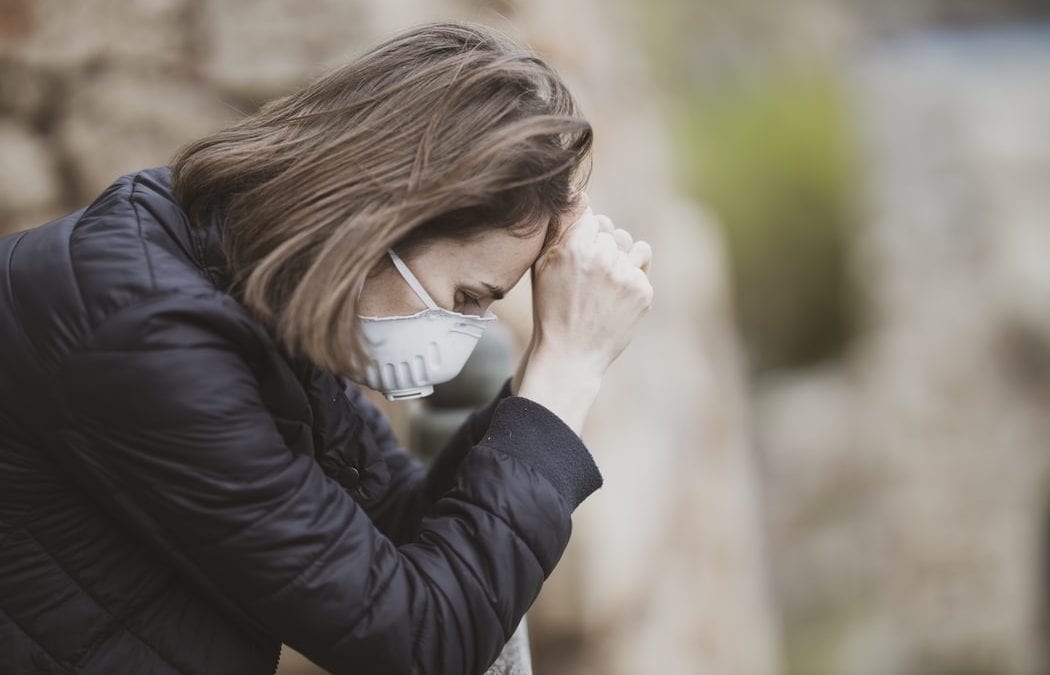Study finds professional cyclists are suffering new mental, financial and physical challenges during COVID-19 restrictions
Strava and Stanford collaborated to explore the experiences of 131 professional athletes
 Photo by:
Unsplash/engin akyurt
Photo by:
Unsplash/engin akyurt
A joint study between Strava and Stanford University explored how the COVID-19 pandemic has disrupted every element of daily life for professional athletes and how these changes have affected mental and physical health. The results of the study demonstrate just how disruptive the pandemic has been in the athletic community, causing mental health issues and financial stress. It’s not all negative though, as it seems some of these pro athletes have been able to push themselves to train longer and harder than before the pandemic.
131 professional athletes, who typically spend time training in close quarters and traveling globally, were surveyed to better understand the challenges they have faced this year as their norms changed completely. Theses cyclists, runners and triathletes rely on their physical health for their livelihoods and therefore have been uniquely affected by the pandemic. The Stanford and Strava study surveyed them understand how their lives have changed between March 15 and Aug. 20 this year.
Mental health during COVID-19
Athletes reported a broad range of concerning mental health impacts. One in five of the athletes surveyed reported difficulty exercising related to mental health, motivation, and COVID-19. Before March 15, 2020, 3.9 per cent of athletes reported feeling down or depressed more than half the days in a week compared to 22.5 per cent during COVID-19 restrictions, a 5.8 times increase. Similarly, athletes reporting feeling nervous and, or anxious more than half the days in a week has gone up by 5.9 times.
The number of athletes who reported little interest in doing things more than half the days in a week also increased from 2.4 per cent to 17 per cent.
Financial concerns
With most sporting events cancelled or rescheduled this year, 71 per cent of athletes surveyed worried about receiving financial compensation for their athletic activities during COVID-19 restrictions. Their concerns were justified, as 47 per cent saw a reduction in paid sponsorship opportunities.
Changes to training behaviour
Professional athletes are used to training together—91.2 per cent of athletes reported training with a partner at least one day a week before COVID-19 restrictions. Predictably, this year that number fell to 68.9 per cent and only 11.6 per cent were able to train with a team (down from 39.7 per cent). Social isolation plays a large role in the mental health and may be a factor in the dramatic changes seen in the mental health of pro athletes.
It’s important, though, that these athletes were taking social isolation seriously, as 12 per cent of those surveyed reported COVID-19-like symptoms and 8 per cent of athletes skipped at least one training session out of concern for suspected COVID-19 symptoms.
Not all negative
There are many negative elements of the COVID-19 pandemic, but some athletes were also able to find the silver lining in their new normal and push themselves to new levels of fitness. 31 per cent of these pro athletes reported increasing the duration of training sessions during the survey timeframe, and 17 per cent reported increasing the intensity.
Strava’s own data matched the self-reported survey information from the athletes. According to Strava’s activity data, professional athletes exercised for 92 minutes per day on average before COVID-19 restrictions and 103 minutes per day during COVID-19 restrictions.
One of the most hopeful findings of the study was that nearly half (47 per cent) of pro athletes reported that they felt more fit during COVID-19 restrictions than before. Although they are facing many setbacks in other parts of their lives, these athletes were able to persevere and even flourish in an unlikely situation.
